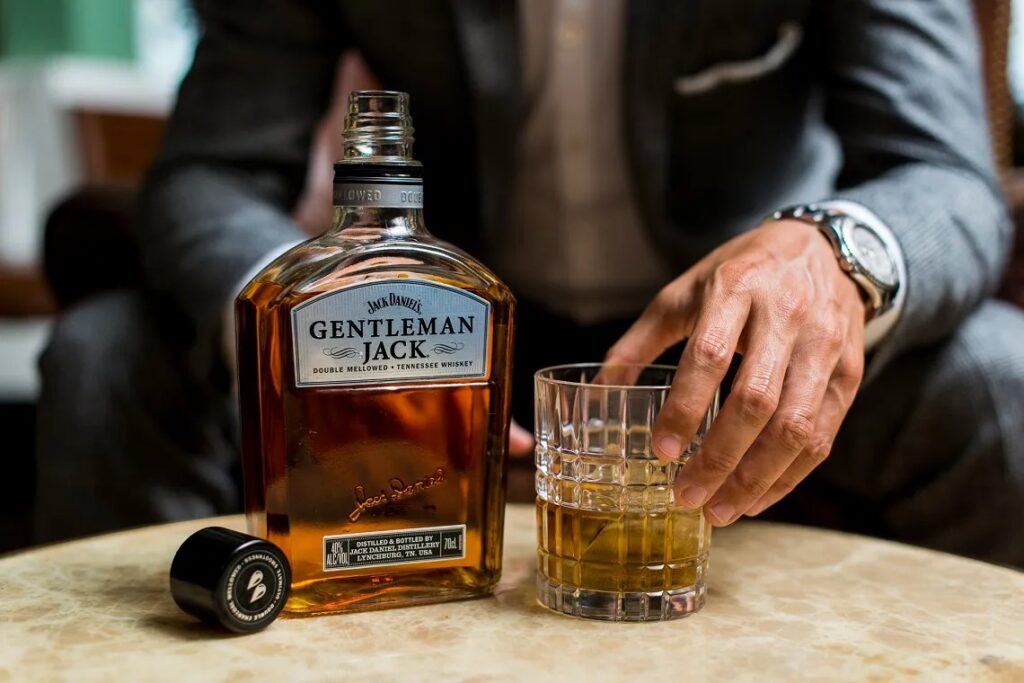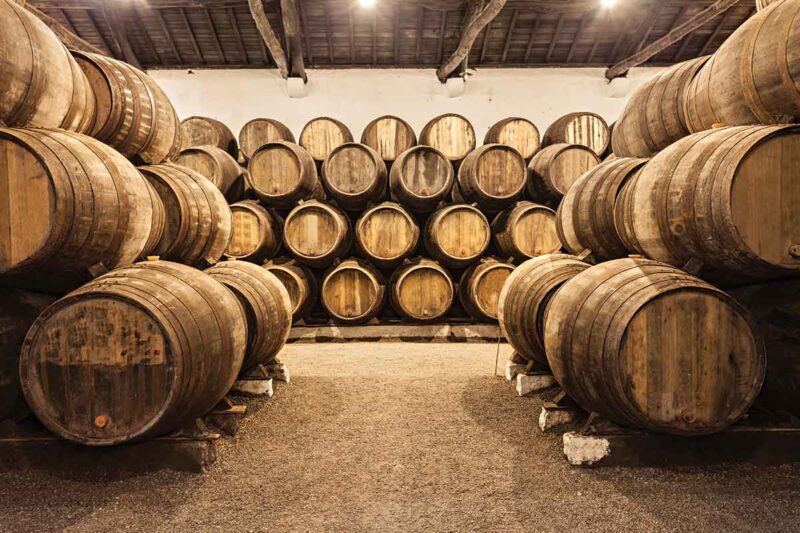You can now not just drink your whiskey, but can invest in it too. A new form of whiskey investment is taking the financial world by storm, and Ireland is paving the way. The quiet shift is started by Marrowbone Lane Irish Whiskey (MLIW), a company founded by Michael Ward and Professor Vijay Edward Pereira.
The distillery has opened its cask to investors, which typically offers annual returns between 12% to 14%. MLIW currently manages around 4,000 casks and has reported a turnover of GBP 10 million ($13.1 million) last year.
Also Read: Cardano’s Hoskinson Says Retail Will Return in 2026, Led by Privacy Coins
How Does Whiskey Investment Work and Where To Invest?


Marrowbone Lane Irish Whiskey has opened its cask in a new investment programme. The trading option is simple: Buy a cask today, let it quietly remain under Ireland’s cool weather, and simultaneously watch the value rise over time. Each cask can hold around 200 liters of spirit and can yield 280 bottles.
The more the trader holds on to the whiskey investment, the bigger the profits. In other words, the older the whiskey, the deeper the flavour. And the deeper the flavour, the higher the value. “Irish whiskey is triple-distilled, which gives it a smoother, more refined finish,” Pereira explains. “Scotch is double-distilled.”
Also Read: Crypto Market Shows Recovery Signs: Will We Enter A Bull Run?
“We have investors who have bought whiskey casks that mature in Ireland. These casks typically offer annual returns of 12–14 percent,” said Pereira, co-founder and Senior Partner at MLIW. The investment prices range from 3500 to 4000 GBP ($4,500 to $5,200) per barrel, depending on the age of the whiskey.
Irish whiskey is among the finest in the world and is also seen as a collectible, and will now become an investment. The idea and concept are now and are yet to become mainstream. If it becomes a success, many more distilleries could follow suit. Traders can then see spirits grow in age and turn into a fine drink, ahem, we mean, turn into fine money.





